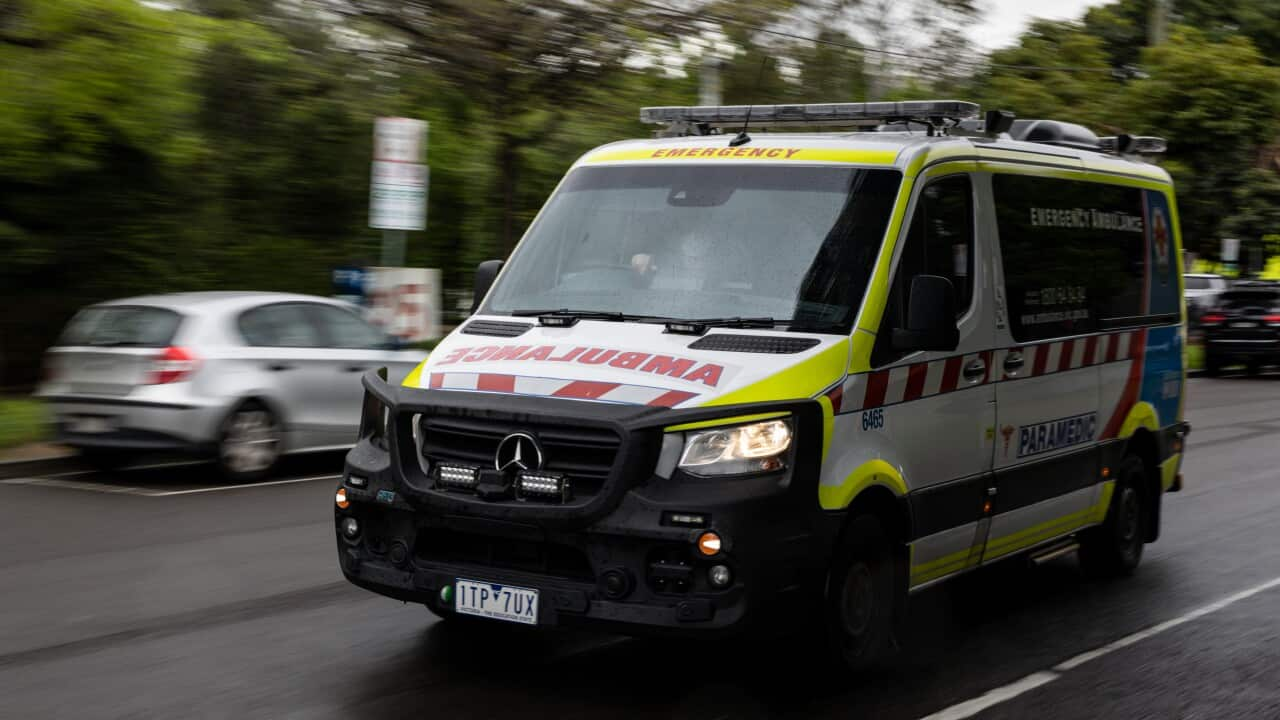have grown again, although health authorities believe the outbreak has peaked
An update on Friday from the state's health department said there were now 100 confirmed cases and 10 suspected cases,
Two Victorians — a woman in her 90s and a man in his 60s — have died since the outbreak in Melbourne's west emerged on 26 July.
"Most cases have required hospitalisation, with a number of admissions to intensive care for severe community-acquired pneumonia," Victoria's health department notes on its website.
The update comes after Victoria's chief health officer Clare Looker told reporters on Monday that health authorities were confident the spread had been contained.
Looker said health authorities believed a cooling tower in Laverton North was behind the outbreak. Dozens of towers in the suburb and neighbouring Derrimut have been disinfected.

Victoria's chief health officer Dr Clare Looker said health authorities believe the outbreak has now been contained. Source: AAP / James Ross
"Recent weather patterns could explain the wider than usual dispersal of cases."
There were 77 confirmed legionnaires cases on Monday, and Looker said at the time that fewer were being notified each day when compared to last week.
Legionnaires' disease caused by a legionella bacterial infection of the lungs.
It's caused by the legionella bacteria, found in natural bodies of water, spas, warm water systems, potting mix and artificial systems that use water for cooling.
Legionnaires' disease typically presents as a chest infection, with fever, chills, cough, headache and muscle aches and pains among the most common symptoms.
Confusion, nausea, vomiting, diarrhoea and even kidney impairment are some of the disease's atypical symptoms.
About 10 per cent of legionnaires' patients die.
People most at risk are adults over 40 - especially those with other medical conditions - people who are immunocompromised, or those who smoke.
Authorities are urging anyone who has visited Melbourne since mid-July to seek medical advice if they develop legionnaires' symptoms.
With the Australian Associated Press.









